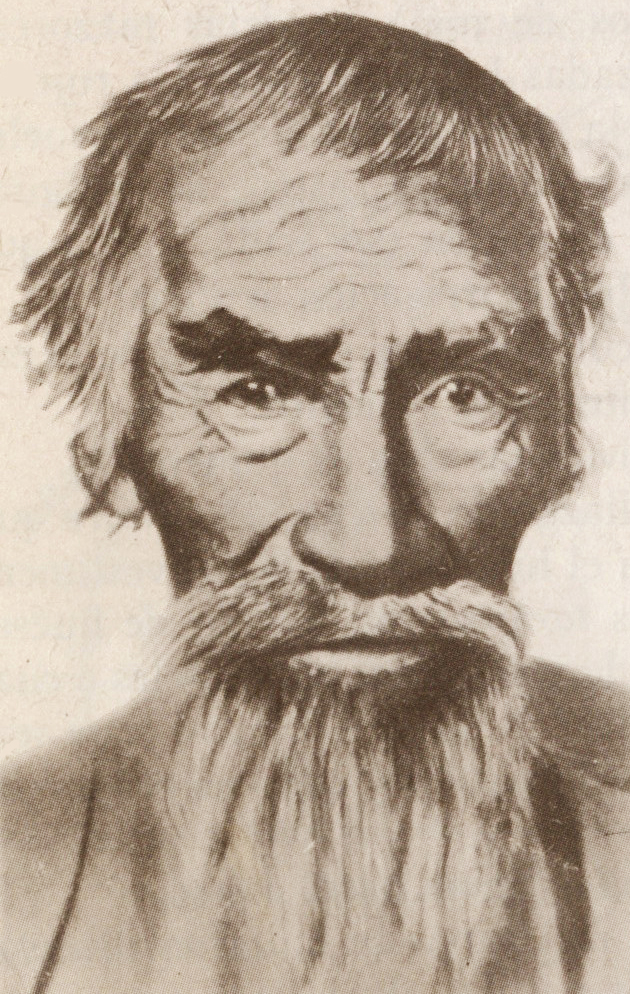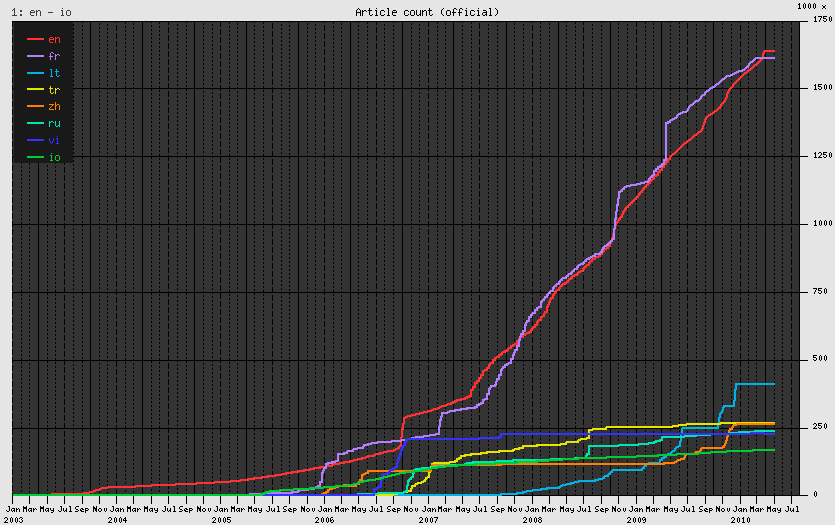|
Allentiac Language
Allentiac (Alyentiyak), also known as Huarpe (Warpe), was one of the Warpean languages. It was native to Cuyo in Argentina, but was displaced to Chile in the late 16th century. Luis de Valdivia, a Jesuit missionary, wrote a grammar, vocabulary and religious texts. The people became mestizo and lost their language soon after. Phonology Vowels Allentiac had the vowels ''a, e, i, o, u, ù'', with ''ù'' probably representing . Sample text The Lord's Prayer The Lord's Prayer, also known by its incipit Our Father (, ), is a central Christian prayer attributed to Jesus. It contains petitions to God focused on God’s holiness, will, and kingdom, as well as human needs, with variations across manusc ... in Allentiac: References Huarpean languages Extinct languages of South America Languages of Argentina Languages of Chile Languages extinct in the 17th century {{na-lang-stub ... [...More Info...] [...Related Items...] OR: [Wikipedia] [Google] [Baidu] |
Argentina
Argentina, officially the Argentine Republic, is a country in the southern half of South America. It covers an area of , making it the List of South American countries by area, second-largest country in South America after Brazil, the fourth-largest country in the Americas, and the List of countries and dependencies by area, eighth-largest country in the world. Argentina shares the bulk of the Southern Cone with Chile to the west, and is also bordered by Bolivia and Paraguay to the north, Brazil to the northeast, Uruguay and the South Atlantic Ocean to the east, and the Drake Passage to the south. Argentina is a Federation, federal state subdivided into twenty-three Provinces of Argentina, provinces, and one autonomous city, which is the federal capital and List of cities in Argentina by population, largest city of the nation, Buenos Aires. The provinces and the capital have their own constitutions, but exist under a Federalism, federal system. Argentina claims sovereignty ov ... [...More Info...] [...Related Items...] OR: [Wikipedia] [Google] [Baidu] |
Chile
Chile, officially the Republic of Chile, is a country in western South America. It is the southernmost country in the world and the closest to Antarctica, stretching along a narrow strip of land between the Andes, Andes Mountains and the Pacific Ocean. Chile had a population of 17.5 million as of the latest census in 2017 and has a territorial area of , sharing borders with Peru to the north, Bolivia to the northeast, Argentina to the east, and the Drake Passage to the south. The country also controls several Pacific islands, including Juan Fernández Islands, Juan Fernández, Isla Salas y Gómez, Desventuradas Islands, Desventuradas, and Easter Island, and claims about of Antarctica as the Chilean Antarctic Territory. The capital and largest city of Chile is Santiago, and the national language is Spanish language, Spanish. Conquest of Chile, Spain conquered and colonized the region in the mid-16th century, replacing Incas in Central Chile, Inca rule; however, they Arauco War ... [...More Info...] [...Related Items...] OR: [Wikipedia] [Google] [Baidu] |
Huarpe People
The Huarpes or Warpes are an Indigenous people of Argentina, living in the Cuyo region. Some scholars assume that in the Huarpe language, this word means "sandy ground," but according to ''Arte y Vocabulario de la lengua general del Reino de Chile'', written by Andrés Febrés in Lima in 1765, the word ''Cuyo'' comes from Araucanian ''cuyum puulli'', meaning "sandy land" or "desert country". History Huarpe people settled in permanent villages beginning in the 5th century CE. About 50 to 100 people lived in a village, making them smaller than Diaguita settlements. They were agrarian people who grew corn (''Zea mays''), beans, squash, and quinoa ('' Chenopodium quinoa'').Lewis 18 Towards the 15th century, Huarpe territory expanded into the current Argentinian provinces of San Luis, Mendoza and San Juan and even on the north of the Neuquen Province. They inhabited between the Jáchal River at north, to the Diamante River at south and between the Andes and Conlara Valley o ... [...More Info...] [...Related Items...] OR: [Wikipedia] [Google] [Baidu] |
Huarpean Languages
Huarpe (''Warpe'') was a small language family of central Argentina (historic Cuyo Province) that consisted of at least two closely related languages. They are traditionally considered dialects, and include Allentiac (Alyentiyak, Huarpe) and Millcayac (Milykayak). A third, Puntano of San Luis, was not documented before the languages became extinct. Kaufman (1994) tentatively linked Huarpe to the Mura-Matanawi languages in a family he called ''Macro-Warpean''. However, he noted that "no systematic study" had been made, so that it is best to consider them independent families. Swadesh and Suárez both connected Huarpe to Macro-Jibaro, a possibility that has yet to be investigated. Varieties Loukotka (1968) Varieties classified by Loukotka (1968) as part of the Huarpe language cluster (all unattested unless noted otherwise, i.e. for Chiquiyama and Comechingon): *Oico / Holcotian - once spoken in Mendoza Province in the Diamante Valley. (Unattested.) *Orcoyan / Oscollan - once ... [...More Info...] [...Related Items...] OR: [Wikipedia] [Google] [Baidu] |
Cuyo Province
The Province of Cuyo was a historical province of Argentina. Created on 14 November 1813 by a decree issued by the Second Triumvirate, it had its capital in Mendoza, and was composed of the territories of the present-day Argentine provinces of Mendoza, San Juan and San Luis. For centuries in colonial times, the region was part of the Captaincy General of Chile, which at the time formed part of the Viceroyalty of Peru. In 1778, the territories under the jurisdiction of Santiago de Chile were divided: Cuyo was transferred to the Viceroyalty of the Río de la Plata, the last Viceroyalty of the Spanish Empire, created a short time before (in 1776) with its capital in Buenos Aires, while the territories of the Captaincy General of Chile lying west of the Andes remained part of the Viceroyalty of Peru. The first and foremost Governor of the Province of Cuyo was José de San Martín, who devoted his Governorship to the creation of the Army of the Andes and preparations for the Cro ... [...More Info...] [...Related Items...] OR: [Wikipedia] [Google] [Baidu] |
Luis De Valdivia
Luis de Valdivia (; 1560 – November 5, 1642) was a Spanish Jesuit missionary who defended the rights of the natives of Chile and pleaded for the reduction of the hostilities with the Mapuches in the Arauco War. Following the 1598 revolt of the Mapuche in Araucanía (historic region), Araucanía and their Destruction of Seven Cities, destruction of seven Spanish cities, Luis de Valdivia, successfully advocated the establishment of a border, and the replacement of military campaigns by missionary work that, from their point of view, would attempt the religious conquest of the rebellious Mapuche. His campaigns, called the Defensive War, aroused the initial support of the Spanish monarchy, but over the years it was considered a failure and left Valdivia in disrepute. Works Valdivia wrote a grammar, vocabulary and religious texts of the Huarpean languages. Some of his works include: ''Arte y gramatica general de la lengua que corre en todo el Reyno de Chile : con un vocabulario, y c ... [...More Info...] [...Related Items...] OR: [Wikipedia] [Google] [Baidu] |
Jesuit
The Society of Jesus (; abbreviation: S.J. or SJ), also known as the Jesuit Order or the Jesuits ( ; ), is a religious order (Catholic), religious order of clerics regular of pontifical right for men in the Catholic Church headquartered in Rome. It was founded in 1540 by Ignatius of Loyola and six companions, with the approval of Pope Paul III. The Society of Jesus is the largest religious order in the Catholic Church and has played significant role in education, charity, humanitarian acts and global policies. The Society of Jesus is engaged in evangelization and apostolic ministry in 112 countries. Jesuits work in education, research, and cultural pursuits. They also conduct retreats, minister in hospitals and parishes, sponsor direct social and humanitarian works, and promote Ecumenism, ecumenical dialogue. The Society of Jesus is consecrated under the patron saint, patronage of Madonna della Strada, a title of the Blessed Virgin Mary, and it is led by a Superior General of ... [...More Info...] [...Related Items...] OR: [Wikipedia] [Google] [Baidu] |
Lord's Prayer
The Lord's Prayer, also known by its incipit Our Father (, ), is a central Christian prayer attributed to Jesus. It contains petitions to God focused on God’s holiness, will, and kingdom, as well as human needs, with variations across manuscripts and Christian traditions. Two versions of this prayer are recorded in the gospels: a longer form within the Sermon on the Mount in the Gospel of Matthew, and a shorter form in the Gospel of Luke when "one of his disciples said to him, 'Lord, teach us to pray, as John taught his disciples. Scholars generally agree that the differences between the Matthaean and Lucan versions of the Lord’s Prayer reflect independent developments from a common source. The first-century text '' Didache'' (at chapter VIII) reports a version closely resembling that of Matthew and the modern prayer. It ends with the Minor Doxology. Theologians broadly view the Lord’s Prayer as a model that aligns the soul with God’s will, emphasizing praise, tr ... [...More Info...] [...Related Items...] OR: [Wikipedia] [Google] [Baidu] |
Wiktionary
Wiktionary (, ; , ; rhyming with "dictionary") is a multilingual, web-based project to create a free content dictionary of terms (including words, phrases, proverbs, linguistic reconstructions, etc.) in all natural languages and in a number of artificial languages. These entries may contain definitions, images for illustration, pronunciations, etymologies, inflections, usage examples, quotations, related terms, and translations of terms into other languages, among other features. It is collaboratively edited via a wiki. Its name is a portmanteau of the words ''wiki'' and ''dictionary''. It is available in languages and in Simple English. Like its sister project Wikipedia, Wiktionary is run by the Wikimedia Foundation, and is written collaboratively by volunteers, dubbed "Wiktionarians". Its wiki software, MediaWiki, allows almost anyone with access to the website to create and edit entries. Because Wiktionary is not limited by print space considerations, most of Wiktiona ... [...More Info...] [...Related Items...] OR: [Wikipedia] [Google] [Baidu] |
Extinct Languages Of South America
Extinction is the termination of an organism by the death of its last member. A taxon may become functionally extinct before the death of its last member if it loses the capacity to reproduce and recover. As a species' potential range may be very large, determining this moment is difficult, and is usually done retrospectively. This difficulty leads to phenomena such as Lazarus taxa, where a species presumed extinct abruptly "reappears" (typically in the fossil record) after a period of apparent absence. Over five billion species are estimated to have died out. It is estimated that there are currently around 8.7 million species of eukaryotes globally, possibly many times more if microorganisms are included. Notable extinct animal species include non-avian dinosaurs, saber-toothed cats, and mammoths. Through evolution, species arise through the process of speciation. Species become extinct when they are no longer able to survive in changing conditions or against ... [...More Info...] [...Related Items...] OR: [Wikipedia] [Google] [Baidu] |




